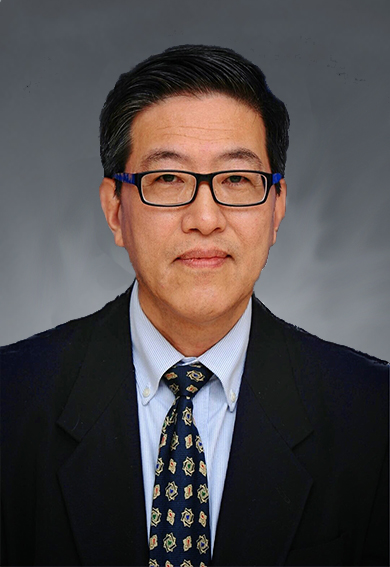-

- Li Weijian
- Senior Research Fellow
- Center for west Asian & African Studies
- Institute for Foreign Policy Studies
- Prof. Li Weijian interviewed by Global Times on the situation in Afghanistan
- Li Weijian:US leaves Iraq in tatters to target China, but still keeps the region on radar
- Middle East needs multilateral solutions to end violent cycles
- Despite hurdles, biggest wish of Afghans remains peace
- A US-Iran military conflict unlikely
- Ideology’s Negative Effect
- Racism is never China’s official po...
- Why Did the Bloody Galwan Clash Tak...
- Middle Eastern countries see role f...
- Promoting China-India Relations Thr...
- Turkey's Remark on Xinjiang Twists ...
- Cautious optimism for China-US rela...
- Reflecting on and Redefining of Mul...
- How To Resolve the Korean Conundrum...
- Beyond the Strategic Deterrence Nar...
Ankara's comments harmful to ties
That Ankara's statement contains distorted facts about the vocational training centers speaks of its Pan-Turkism ambitions. In fact, Ankara has always made its subtle relationship with Uygurs in Xinjiang — some of whom have relocated to Turkey — a bargaining chip in its dealings with Beijing.
Turkey may stop provoking China once Sino-Turkish ties strengthen. Otherwise, Turkey may continue to allow Xinjiang separatists to hold rallies and carry on separatist activities within its boundaries to pressure China into acceding to its unreasonable demands.
Although unlikely, Turkey may have taken a stance against China's so-called maltreatment of the Uygurs owing to the clamor in the West over the vocational training centers in Xinjiang.
Turkey's statement is not only full of misunderstandings and untruths but also vilifies China's policies and actions in Xinjiang. For instance, the Turkish statement claimed that the folk poet Abdurehim Heyit is "dead", although, as evidenced in a video clip released by China Radio International shortly after Aksoy's statement, he is alive and in good health. And the training centers Aksoy has criticized have actually helped many Uygurs master vocational skills that have improved their job prospects.
Unfortunately, just like some Western media outlets resort to distorting facts while covering the Syrian civil war, Ankara too has twisted facts about Xinjiang to target China.
Given the anti-China propaganda being spread by the West and Turkey, China should firmly refute Turkey's allegations of what's happening in Xinjiang, and tell Turkey and the rest of the world that the Xinjiang issue involves China's core interests and is subject to no one’s interference.
Ankara's mistakes may eventually take a toll on bilateral relations. But China should stick to the policies and measures that will benefit Uygurs in the long run and promote Xinjiang's overall stability and prosperity.
At the same time, China should continue to present more facts to clear up the misunderstandings, as well as refute the slander doing the rounds of the international community. It would take a long time to reduce the West's deep-rooted mistrust of China when speaking of Xinjiang, though.
Source of documents:China Daily, Feb. 12
